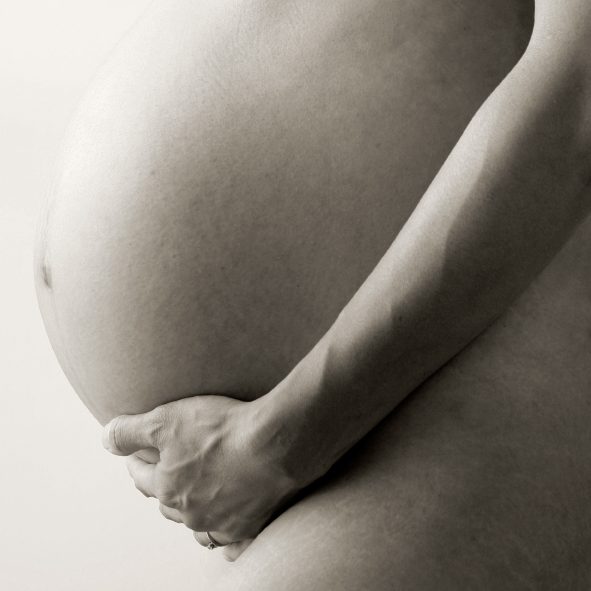If you’re still wondering if you are too old to have a baby, it means you haven’t given up yet – and that’s a good thing! The truth of the matter is that the age that corresponds to ‘too old’ refers not to an age, but to your hormone status if you’re female. In menopause, your natural hormone levels are too low to support a pregnancy, so having a child may mean adopting one, though some infertility clinics do offer IVF through egg donation for women who are in menopause and are still trying for a baby. If your hormone levels are still within the normal ranges for a woman in her childbearing years, your body may still be able to support a pregnancy.
Trying to Conceive Over 40 – Toxic Load & Nutritional Profile Matter When it Comes to Aging
There are two secondary things to consider if you think you are too old to have a baby. Both revolve around whether or not the aging of your body is suitable for starting a new life. Aging is influenced by two factors: toxin levels and vitamin/mineral deficiencies. Remember though that both may be overcome.
How many toxins is your body holding onto?
Around 2005, researchers at the Environmental Working Group decided to test the umbilical cord of 10 newborns for pesticides and harmful chemicals. They found that 287 industrial chemicals were present and concluded that “industrial pollution starts in the womb.”
Chemicals clearly disrupt hormonal function. They may cause DNA mutations and cancer and are linked to a variety of other diseases, including PCOS, endometriosis, and uterine fibroids. Left continually swimming in your bloodstream while you’re pregnant, these chemicals lead to a potential risk for harming your unborn baby. The older you are, the more likely it is that you will have higher levels of these toxins in your blood unless you’ve done your ‘homework’ on detoxification.
Why is it so important that you detoxify your body? Many studies report that environmental chemicals can interfere with your ovaries’ ability to perform their functions, called ovarian reserve depletion. Some of these chemicals may even cause infertility. (Curr Pharm Des. 2014 Feb 5.)
By eating organic, wholesome non-GMO foods, you can equip your body with enough detoxification potential to slash the chemical load down remarkably. You can also implement a cleansing protocol specific to improving your chances of conception. Fertility Cleansing is specific to aiding the body in removal of these chemicals in preparation for pregnancy.
And that will give you extra mileage if you’re 40+, simply because you won’t be like the average 40-year-old who does not think about detox, let alone do it. In fact, in one study of students aged 16 to 37, 25-50% of them thought that pollution and chemicals could be fertility risk factors (J Clin Nurs. 2013 Aug 19).
What is your vitamin and mineral status?
Foods are always your best medicine, but often not enough. If you have vitamin and mineral deficiencies, pregnancy and post-pregnancy may become extremely challenging if not impossible.
If you’re over the age of 40, get the best possible information on your vitamin and mineral status before you get pregnant. This means all of them; not just vitamin D, folic acid, vitamin B12, and vitamin B6.
You need to know your status of all these:
|
vitamin A vitamin B2 (riboflavin) vitamin B5 (pantothenic acid) vitamin B12 biotin inositol vitamin D vitamin K magnesium manganese chromium copper iron |
selenium lithium vitamin B1 (thiamine) vitamin B3 (niacin) vitamin B6 (pyridoxine) folic acid choline boron phosphorus vanadium zinc molybdenum iodine |
There are sophisticated lab tests that will test for several of these at one time. Talk to your doctor about this. Knowing if you have deficiencies before pregnancy is going to help you know those you need to take care of, which may increase your chance of achieving and maintaining pregnancy.
A hair analysis will screen for all the minerals, plus let you know the status of your body’s accumulation of heavy metals. It provides a beginning foundation of knowledge on what is occurring with your nutrients.
- Americans tested for toxic chemicals in blood, urine. (n.d.). Retrieved from: http://www.euractiv.com/section/climate-environment/news/americans-tested-for-toxic-chemicals-in-blood-urine/





